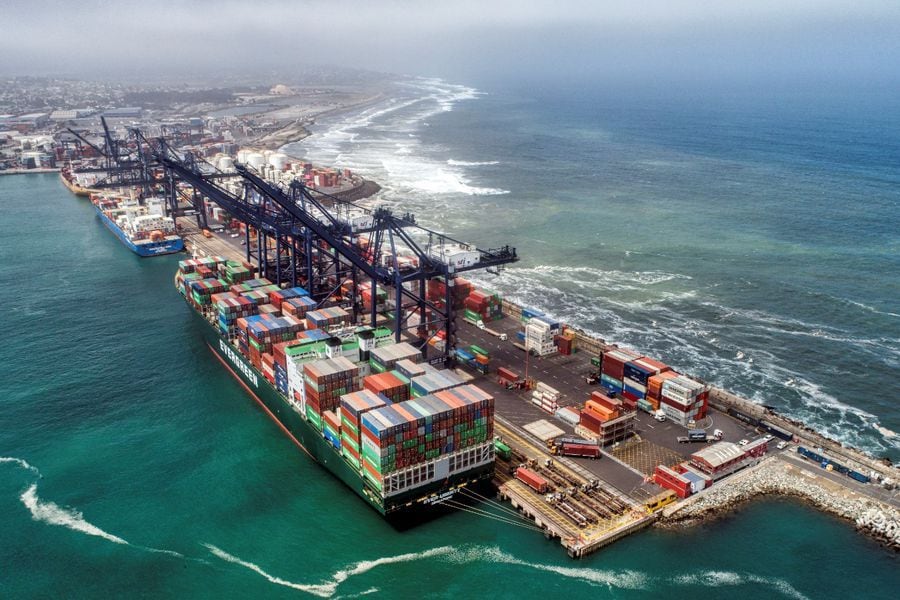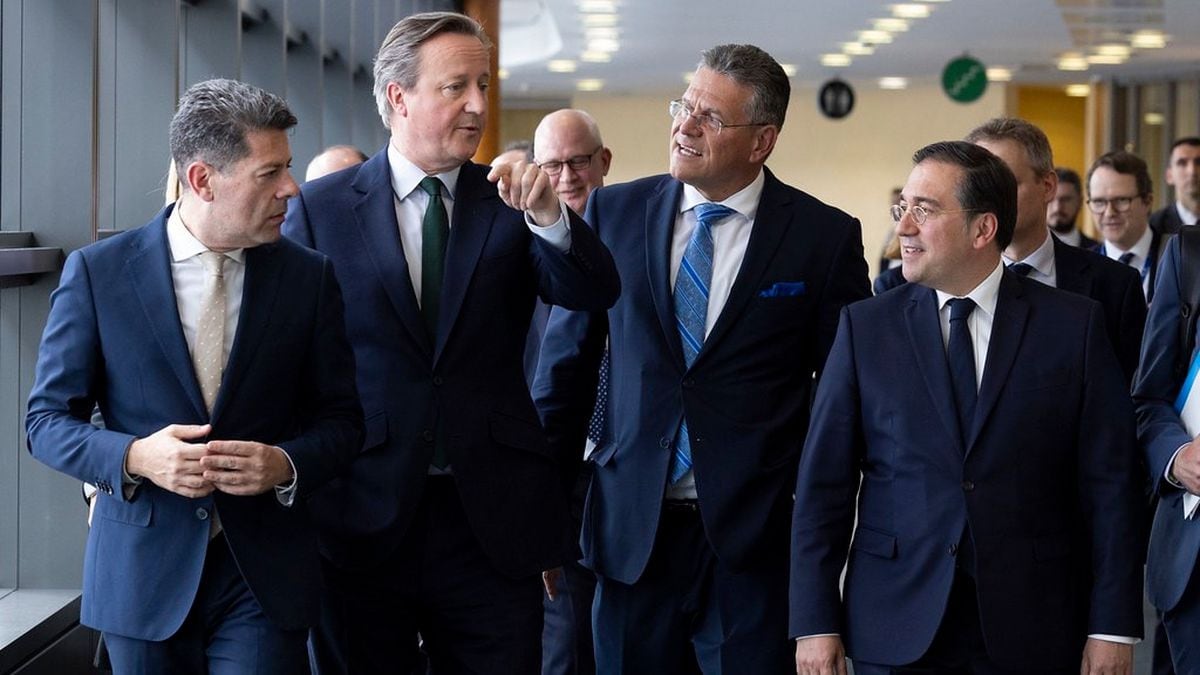For Theodore Riverarector of the Chilean Autonomous University and former Minister of Foreign Affairs
Understood as an economic integration agreement between countries located in the Asia/Pacific basin, the Comprehensive and Progressive Agreement for the Trans-Pacific Partnership or TPP11 has a very important and strategic political volume. The weakening of this agreement opens the door for these countries to end up imposing international trade conditions. A tough challenge for an open and small economy like Chile.
Recognizing the weaknesses experienced by the World Trade Organization (WTO), it seems important to strengthen them, but at the same time it is urgent to invest political resources in promoting the TPP11, whose rules rest on a legal matrix that inherits the values of the WTO. Because of its geographic scope, the economic weight it recruits, and the variety of issues it covers, this treaty offers an expressive framework for the values, interests and goals of countries like ours.
TPP11 symbolizes a new generation of treaties, as it incorporates advanced provisions on the role of state enterprises, electronic commerce, access to industrial, agricultural and service markets. Also, it is the most inclusive agreement that Chile has signed, taking into account issues such as the environment, labor issues and gender. In other words, TPP11, which some experts even suggested to be renamed to include countries and even blocs outside Asia/Pacific, demonstrates its strategic value as a new global support for international trade. The UK’s interest in complying with the agreement is closely followed by the EU, offering it a platform to move towards new leadership in the face of tensions in the global order. Ecuador, South Korea and China have also expressed interest in joining.
Future governments face great challenges to read TPP11 carefully, weigh the undeniable advantages of strengthening the independence and sovereignty of the country and decide on the final ratification of this treaty, of which Chile is one of the administrators. There are elements that must be considered and respected, as they are increasingly important in Chilean society. Among them, effects on sovereignty, medicinal value, seed ownership, impacts on our indigenous peoples, or labor or environmental rights, have been cited in different discussions.
An in-depth study of it must be combined with the positive impact on our exports (over 3,000 products), the creation of hundreds of thousands of jobs, strengthening the “Made in Chile” seal, and creating space to install our environmental, labor and gender interests, among others .
If the geopolitical value of complying with agreements that can symbolize a third way of building a new global economic order is added to this legitimate debate, our foreign policy will face one of the most relevant challenges at the local and international levels.
What the new authorities should consider is that the TPP11 is more than just a trade agreement, as it covers environmental, labor and gender issues. Assuming that the fears and negative effects of this great agreement rest more on the presumption than on its content, this would be a relevant step in this regard.

“Problem solver. Proud twitter specialist. Travel aficionado. Introvert. Coffee trailblazer. Professional zombie ninja. Extreme gamer.”







